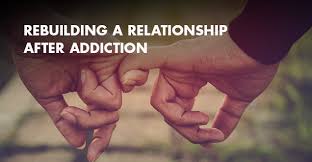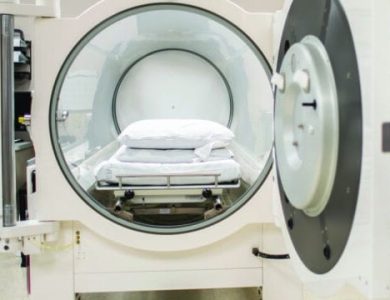Rebuilding Relationships: Restoring Connections After Addiction

Addiction challenges not just the individual but also severely affects relationships. It can damage trust, understanding, and love, creating what feels like an impossible divide. However, the path to recovery, although tough, opens the door to fixing the damage. Healing these relationships requires patience, understanding, and a deep commitment from everyone involved.
Understanding the Impact of Addiction
It’s important to see how addiction affects relationships deeply. It’s not only about using substances but also how behaviors like lying, pulling away, and money problems can break trust. The first step in getting better is for the person with the addiction to recognize the harm they’ve caused. For their loved ones, accepting addiction as an illness, not a bad choice or a personal flaw, is crucial. This understanding can create a supportive space for recovery.
Communication: The Keystone of Rebuilding
Open and honest communication is key to fixing relationships. It involves sharing feelings and concerns positively, without blaming or judging. The goal is to create a safe environment where both sides can discuss their worries, hopes, and difficulties. It’s important not only to talk but also to listen carefully to understand each other’s viewpoints.
Forgiveness: A Path to Healing
Forgiveness plays a big role in healing, but it can be really hard. If someone’s actions, because of their addiction, have hurt you, forgiving doesn’t mean you forget the hurt or say what they did is okay. It means letting go of bitterness to allow healing and growth. Getting through these tough feelings often means needing help from friends, family, or professionals.
Rebuilding Trust Through Actions
Trust is rebuilt in the currency of actions, not words. For the person in recovery, this means adhering to the treatment plan, being reliable, and making amends where possible. Small, consistent acts of responsibility and kindness can slowly restore faith in the relationship. For partners, friends, and family members, it means showing support for the recovery process, celebrating milestones, and acknowledging the effort it takes to walk the path of sobriety.
Establishing Healthy Boundaries
Healthy boundaries are crucial for both parties. They protect the individual in recovery from situations that might trigger a relapse and the loved ones from the chaos addiction can bring into their lives. Setting and respecting these boundaries can prevent resentment from building and ensure that the recovery process is sustainable.
Seeking Professional Support
Navigating the aftermath of addiction can be overwhelming. Professional support, whether in therapy, counseling, or support groups, can provide individuals and their loved ones with the tools and guidance necessary for healing. Such environments offer a space to explore feelings, understand behaviors, and learn healthy coping and interaction methods.
Celebrating Progress Together
Every step forward in the recovery process is a victory, and celebrating these milestones together can strengthen the bond between you. It’s a reminder of what you’ve overcome and a beacon of hope for the future. Whether it’s acknowledging a sober anniversary, a repaired relationship, or simply the courage to face the day, these celebrations can reinforce the commitment to a brighter, healthier future together.
Rebuilding Stronger Bonds
Fixing relationships after addiction takes a lot of time, patience, and effort from everyone. However, the outcome, a stronger relationship built on trust, understanding, and love, is truly valuable. At Serenity Springs Recovery, the focus isn’t just on beating addiction, but also on helping people reconnect with each other and strengthen their ties again.




